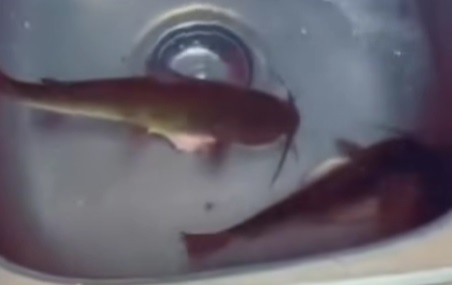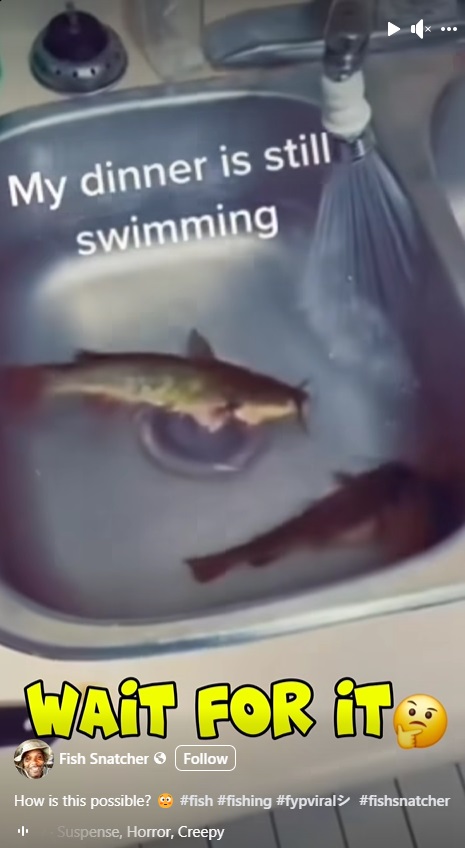The internet is always serving up wild content, and this one threw me right back to my bowfishing days when even an hour later, those boated carp would still be flopping like they had places to be!
Ever wondered why fish keep moving even after they’re out of the water and…well, you know…cut up? Fish have built-in reflexes that keep them twitching. Spinal reflexes and stretch reflexes let muscles contract in response to pressure or touch—even if the fish is missing a few essential parts. Their anatomy is wired for resilience, so sometimes, even without guts or a head, they still move!
Here’s a quick breakdown from M.Com from Karnatak University, Dharwad:
Fish are able to move even when they have been beheaded or gutted due to their unique anatomy and physiology. Fish have a series of reflexes that are responsible for their movements, such as the spinal reflex and the stretch reflex.
The spinal reflex is a simple reflex that occurs when a fish’s spinal cord senses a stimulus, such as pressure or touch. This reflex causes a muscle contraction, which can lead to movements in the fish’s body. For example, if you touch the tail of a fish that has been beheaded, its spinal reflex may cause its tail to twitch or move.
The stretch reflex is another reflex that helps fish move. This reflex occurs when a muscle is stretched, causing a reflexive contraction of that muscle. This reflex can cause a fish’s body to move in response to external stimuli, such as water currents or changes in pressure.
It’s also worth noting that fish have a high degree of muscle control and coordination, which allows them to continue swimming even if they have lost some or all of their internal organs. Additionally, some fish species have a swim bladder, which helps them regulate their buoyancy and stay afloat, even if they have lost some of their other organs.
Overall, while it may seem strange that a fish can continue moving without its head or internal organs, their unique anatomy and reflexes allow them to do so.
Check out the video below to see this in action with catfish, and dive into the comments. Have you noticed this persistence with catfish or other fish?





